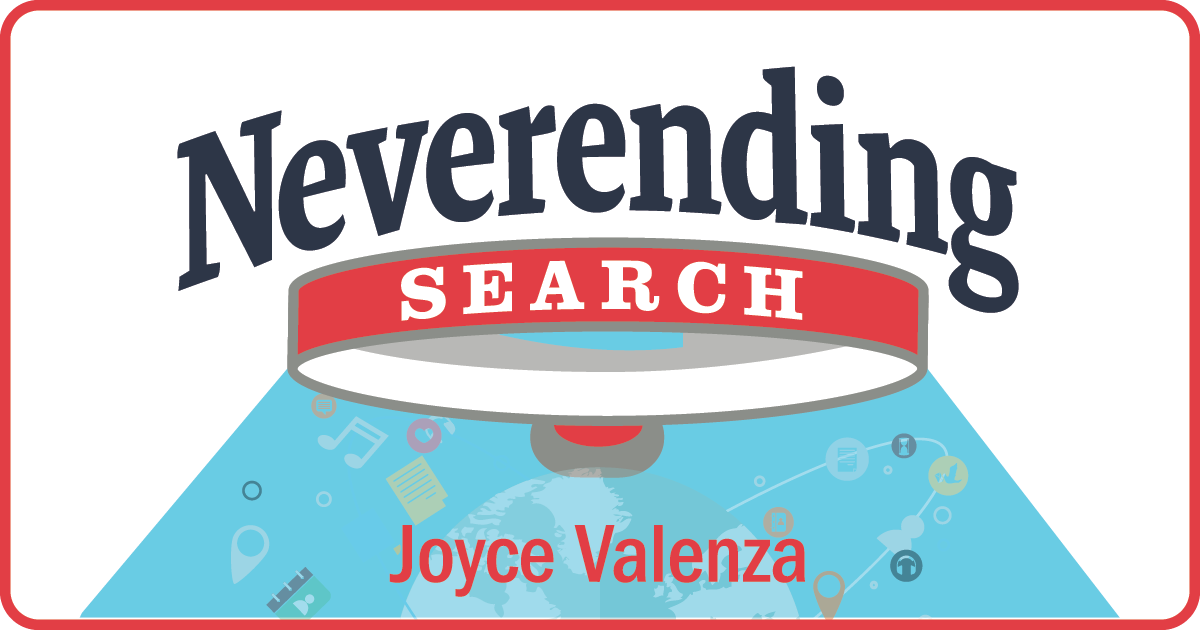SCROLL DOWN TO READ THE POST
Wolfram|Alpha Debuts: It Does Data
Wolfram|Alpha launched this week.
It is likely to be the go-to search tool for particular types of knowledge finding.

It will NOT be a go-to place for finding articles or documents. It is NOT the place you will send students to find information about hot topics or history or art. But it may just replace your almanac and your calculator. And it may do a more comprehensive job.
It belongs in all teachers’ and students’ toolkits.
Though it is strongest for areas where computation or mathematics have traditionally had a more significant role, or where knowledge is more readily quantitative, the folks at Wolfram|Alpha note that they are steadily working through all the content areas covered by reference libraries, handbooks, and much more.
ADVERTISEMENT
ADVERTISEMENT
Wolfram|Alpha does a wonderful job pulling data together. Unlike other search engines, it generates output by doing computations from its own internal knowledge base, instead of searching the web and returning links. New data, such as financial or weather, stream in dynamically. Other data are updated as they become available.
Data is computed with Wolfram|Alpha’s algorithms using the site’s internal knowledge base. Result pages display labeled sections called pods. Pods may have subpods and clickable elements more buttons. Disambiguation questions on the tops of pages are called assumptions. Sidebar links perform automatic web searches. Result pages may be downloaded as PDFs or as Live Mathematika pages. A Source Information button on the bottom of the page provides background sources and references.
You can examine the nutritional content (and calories) of any amount of anything you are planning to eat. You can calculate mortgage payments, convert measurements, solve equations and formulas, or compare stuff. I entered Mars and Venus and generated an on-the-spot comparison of the two planets.
The Visual Gallery of Examples further demonstrates the scope of Wolfgram|Alpha’s computational powers.
The site describes its goals:
Wolfram|Alpha’s long-term goal is to make all systematic knowledge immediately computable and accessible to everyone. We aim to collect and curate all objective data; implement every known model, method, and algorithm; and make it possible to compute whatever can be computed about anything. Our goal is to build on the achievements of science and other systematizations of knowledge to provide a single source that can be relied on by everyone for definitive answers to factual queries.
You’ll need to play with this tool to effectively use it with teachers and students. The site suggests a few ways to test drive the power of its engine:
- enter any date (e.g. a birth date) june 23, 1988
- enter any town (e.g. a home town) new york
- enter any two stocks IBM Apple
- enter any calculation $250 + 15%
- enter any math formula x^2 sin(x)
- enter any two first names andrew, barbara
- enter any food 1 apple + 2 oranges
- enter any measurement 45 mph
- enter any chemical formula H2SO4
- enter any musical notes C Eb G C
For more information, watch Stephen Wolfram’s 13-minute screencast or keep an eye on the blog.
Filed under: Uncategorized
About Joyce Valenza
Joyce is an Assistant Professor of Teaching at Rutgers University School of Information and Communication, a technology writer, speaker, blogger and learner. Follow her on Twitter: @joycevalenza
ADVERTISEMENT
SLJ Blog Network
Newbery/Caldecott 2026 Spring Check-In
Remember (the) Maine: A Stroll Around Kittybunkport with Scott Rothman
5 Unlimited Access Digital Comics to Boost K–8 Reading | Sponsored
Fast Five Author Interview: Meg Eden Kuyatt
The Classroom Bookshelf is Moving
ADVERTISEMENT
ADVERTISEMENT








